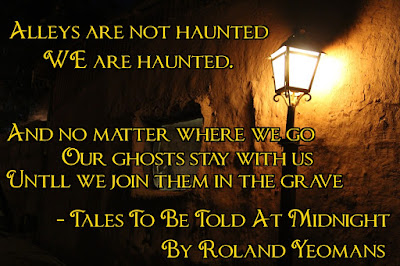“At the end of the day, let there be
no excuses,
no explanations,
no regrets.”
―
―
The joy of being able to breathe deeply and often most of us take for granted. Not so much anymore, right?
I had double pneumonia 3 times as a child in Detroit. Moving with my parents to Louisiana probably saved my life.
Take in a deep breath now and let it out slowly. Covid-19 may take that away from you.
Enjoy the ability while you can.
GIVE US THIS DAY OUR DAILY BREAD
"There are people in the world so hungry, that God cannot appear to them except in the form of bread.”
- Mark Twain
If the full page ad Tyson ran in THE NEW YORK TIMES Sunday is any indication, Americans may become like those people.
As famines of "biblical proportions" loom, the UN Security Council urged its members to "act fast."
I hope you have prepared your pantry for hard times.
AULD LANG SINGE
"Being taken for granted is an unpleasant but sincere form of praise, don't you know?
Ironically, the more reliable you are, and the less you complain, the
more likely you are to be taken for granted."
- Mark Twain
How many good friends have you allowed life to tug from your everyday thoughts?
How hard would it hit you if you heard they were dying in a hospital with Covid-19 and you could not even visit them for a last goodbye due to regulations?
I CAN'T FEEL YOU
“There’s power in the touch of another person’s
hand. We acknowledge it in little ways, all the time.
There’s a reason
human beings shake hands, hold hands, slap hands, bump hands.
It comes from our very earliest memories, when we all come into the world blinded by light and color.
And what changes that first horror, that original state of terror?
The touch of another person’s hands.
Hands that wrap us in warmth, that hold us close.
Hands that guide us to shelter, to comfort, to food.
Hands that hold and
touch and reassure us through our very first crisis, and guide us into
our very first shelter from pain.
The first thing we ever learn is that
the touch of someone else’s hand can ease pain and make things better."
- Jim Butcher
Now, Covid-19 has taken that balm of touch from everyday life.
When, if ever, will it return?
I keep Survivor Duck on my mantel to remind me that laughter and life can survive even the strongest storms ...
like this little rubber duck survived Katrina and waited for me to come back to the rear door of our battered blood center.
Appreciate the little things you have before they become large by their absence.
Stay Well, my friends ... Roland






































































































































































































































